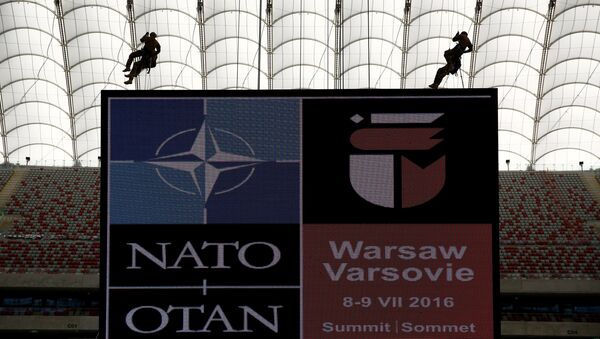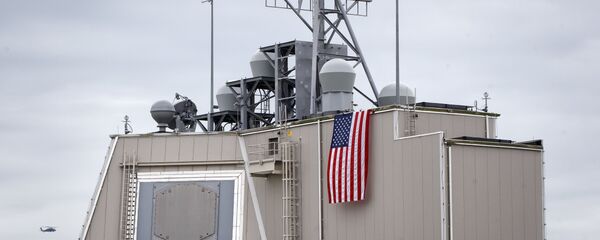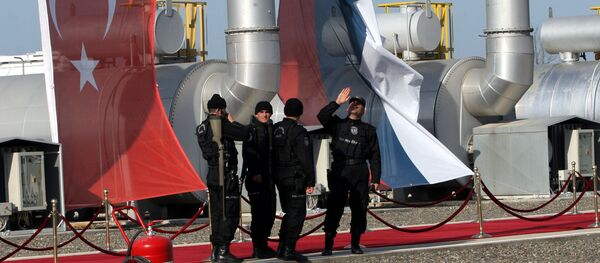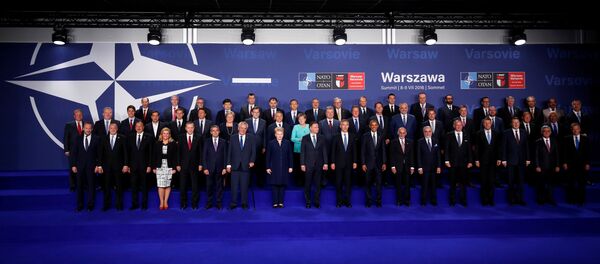However, the newspaper notes, “lurking beneath a veneer of unity was growing evidence in Warsaw of fissures within Europe that go beyond its highly visible split with Britain.”
These, it says, are due to the division over Europe's relationship with Russia.
“Putin is testing all these countries, and he is dividing some of them,” the newspaper cites R. Nicholas Burns, a former United States ambassador to the North Atlantic Treaty Organization, as saying.
“I was struck by the divisions within Europe’s leadership about how to respond to these challenges,” he adds.
The outlet explains that “Germany, France and Italy are showing signs of wavering from the hard-line stance” on Russia.
The German foreign minister, Frank-Walter Steinmeier, criticized a major military exercise in Poland last month for provoking the Russians. He called it “saber-rattling,” the newspaper adds.
Similar view was echoed by France 3, the second largest French public television channel. Its reporter relied on football terminology to describe the outcome of the Summit.
“The team of the alliance decided to flex its muscles under Vladimir Putin’s very nose, much to the joy of the Poles,” he said in an analysis of the results of the meeting.
“And forward Francois Hollande, even having joined the team play, has called Moscow a partner and made it clear to Obama the trainer that he is not going to fulfill all of his orders.”
German newspaper The Schwäbische Zeitung, in turn, spoke to Harald Kujat, a retired German air force general, who served as chief of staff of the German armed forces, the Bundeswehr, from 2000 to 2002, and as chairman of the NATO Military Committee from 2002 to 2005.
The retired general said that a “policy of deterrence“ with regards to Russia is a mistake, the relationship with Moscow, instead, should be focused on easing tensions.





